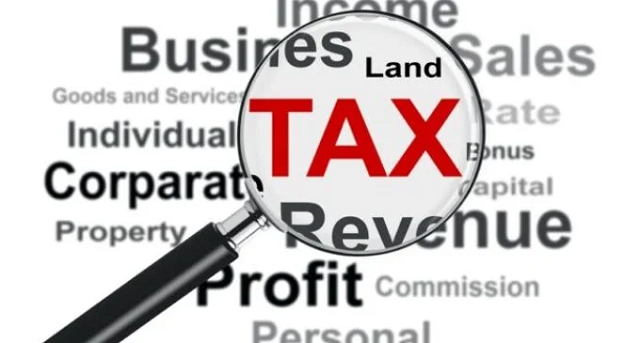There has been a perennial call by Zainab Ahmed, the Minister of Finance, Budget, and National Planning, for the federal government to secure more revenue for the running of the economy.
This, she echoed, when she recently hinted at possible new taxes, tariffs, and levies that are likely to be imposed on Nigerians this year (2022).
Addressing stakeholders at a public hearing of the 2021 finance bill, which according to her, was designed to support Nigeria’s 2022 fiscal year, the minister said there is a higher chance that modest increases in taxes and tariffs would be imposed on businesses and individuals as the year progresses.
According to her, a couple of reforms and amendments had been recommended in the draft 2021 finance amendment bill, and more would be introduced by mid-2022.
“While these issues may require most increases in taxes and tariffs on certain businesses, industries, and individuals over the medium term, our aspiration is to do a review with a possibility of another Finance Bill in mid-year 2022 to bring in more amendments,” she stated.
As a means of realising N10.7 trillion revenue, the government is targeting this year, which represents a 32% increase when compared to the N8.1trillion projected in 2021, Ahmed, on Wednesday, January 5, 2021, presented the 2022 budget, in which a policy requiring foreign companies that provide digital services in the country to collect and remit Value Added Tax (VAT) to the Federal Inland Revenue Service (FIRS) was introduced.
After the companies must have collected and remitted the VAT to the revenue agency, they are then expected to pay tax at 6% on their turnover.
The VAT, according to the minister, is among the other levies, and tariffs that would soon be imposed on Nigerians.
Why Nigeria needs tax
The tax has the potency of affecting the overall economy of a country in several ways, which include -raising or lowering budget deficits. And amongst other things, the Nigerian government is introducing the new tax policy to influence the raising of its revenue, which would then be used for the servicing of debt, security assurance, salaries, provision of social amenities, and infrastructures.
While other policies can leverage the country, the minister argued that Nigeria needs to increase its tax net to expand its revenue.
What you should know
The drive by the federal government to expand Nigeria’s tax net raises a number of important questions among members of the public. Amongst the questions is -have people in recent times experience increment in their incomes, such that they can afford to pay more taxes? In view of the realities of members of the public, it is easy to say a lot of people have not had their incomes increase. And as such, introducing more taxes during this period of increasing impoverishment of the Nigerian populace may encourage public discontent.
Several Nigerians are currently struggling to adjust to the country’s alarming inflation rate, which has affected the prices of foods and other commodities.
Upshot
Introducing more taxes for Nigerians to pay in this torrid period may not yield many results when compared to reducing the cost of governance of the incumbent administration. And in view of the alarming debt profile and infrastructural deficit, the need for the reduction of the cost of governance, especially at the federal level, cast a spotlight on the fiscal expenditure, which the Buhari administration should take more seriously.
















